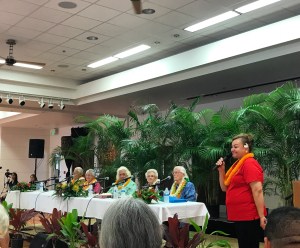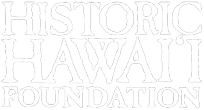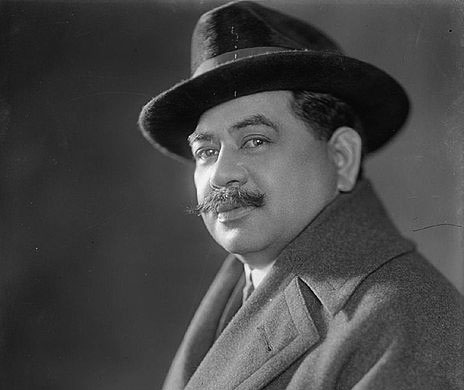The Hawaiian Civic Club of Honolulu Celebrates its Centennial
The Hawaiian civic club movement was the fulfillment of a dream for Prince Jonah Kuhio Kalanianaole. The Prince was eager for the Hawaiian people to know more about government and the community at large, in order to carry on the tradition of civic responsibility that he felt was vital to the development of Hawaii and its people. He was among those principally involved in the planning and formation of the pioneer Hawaiian Civic Club in 1917 to support initiatives that benefit the native Hawaiian community.
This emerged from Prince Kuhio’s concern over what he saw as the decline in spirit and the devastating spike in the mortality rate of the Hawaiian people, and his fear that they would not have the educational skills to protect their interests. Prince Kuhio believed that the future of the Hawaiian community and its people could be safeguarded and promoted only through an organized effort led by Hawaiian leadership. He believed that the Hawaiians should help their young people secure an education that would enable them to compete successfully in the cultural environment of the 20th century.
The first Hawaiian Civic Club was formed with several principal objectives. These included providing scholarship aid for the education of Hawaiian students; preserving and promoting the Hawaiian heritage, traditions, language and culture; promoting and supporting organizations interested in improving the conditions of the Hawaiian people and community at large as well as legislation beneficial to the Hawaiian community; and perpetuating the values that dignify all human life, which are the moral and ethical foundation of the cultural expressions that comprise the unique, rich, and enduring legacy of the first people of Hawaii.
In 1918, Prince Kuhio was chosen as the first president of the “mother club,” now the Hawaiian Civic Club of Honolulu. In the 1930s several heavily populated Hawaiian communities organized Hawaiian civic clubs with the same objectives as the mother club, with similar constitutions and bylaws, and included substantial business activities and Hawaiian observances, celebrations, and traditional festivities. By 1959 the many clubs formed councils throughout the islands. The major functions of the clubs today are to provide scholarships to needy Hawaiian students, to provide a forum for free discussion of Hawaiian issues about which all chartered clubs are concerned, and to serve as a vehicle for Hawaiian opinion and action.
Most of the Hawaiian civic clubs have scholarship funds for Hawaiian youths including school dropouts, and leaders continually impress on club members the necessity of a basic high school education. One scholarship program started by the Association in 1975 now provides over $1 million in graduate and undergraduate scholarship aid. Many recipients have pursued their education in medicine, law, education, aerospace science, optometry, oceanography, and much more.

On March 3, 2018 a Kūpuna Kūkā Kūkā event was held at the Ka`iwakīloumoku Hawaiian Cultural Center, Kamehameha Schools Kapālama Campus, 5 Kūpuna who represented HCCH, Koolauloa, Hilo and Waianae Hawaiian Civic Club shared many precious and invaluable memories as senior civic club members.
One of the yearly functions of the Association is the Aha Mele, a competitive event among the several clubs held at annual conventions. The clubs promote and perpetuate Hawaiian a cappella choral singing, dating from the 1820s, and the formation of church choirs and glee clubs, which continues through today.
(Source: Association of Hawaiian Civic Clubs: History, compiled 2006-07 by Dot Uchima, Recording Secretary.)
The Hawaiian Civic Club of Honolulu received an Anniversary Recognition in honor of its centennial at the 2018 Preservation Honor Awards on May 23, 2018 in Honolulu.


